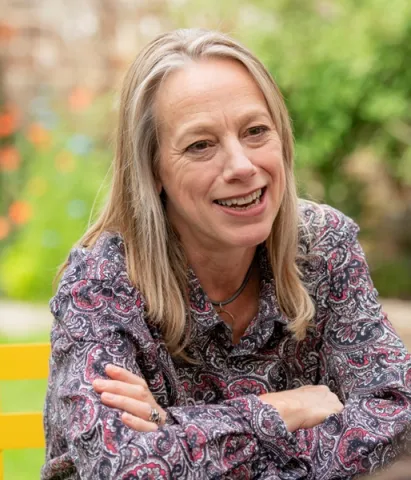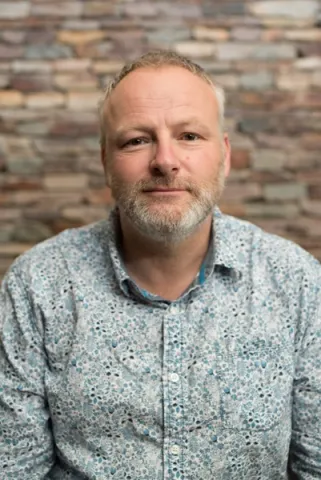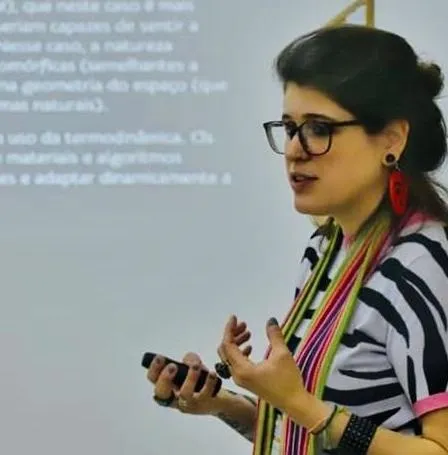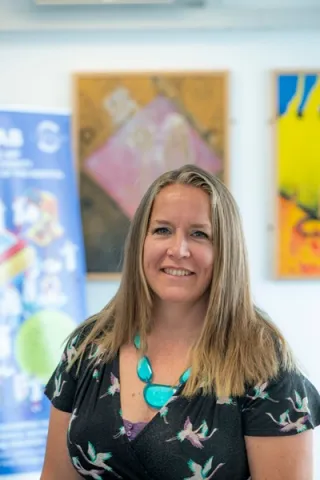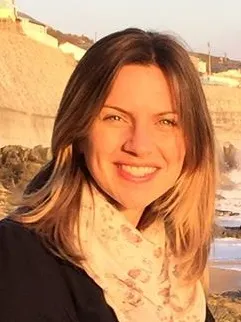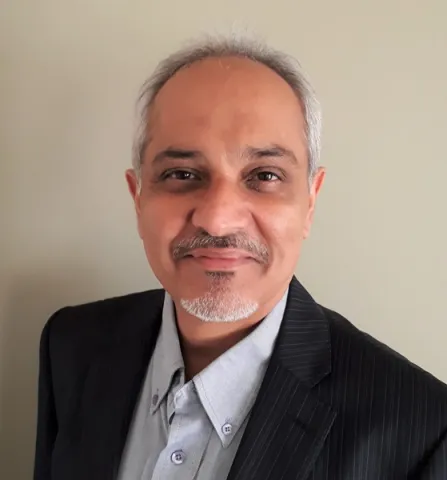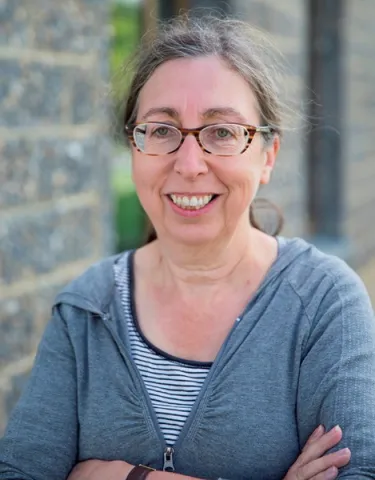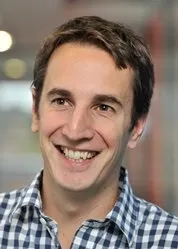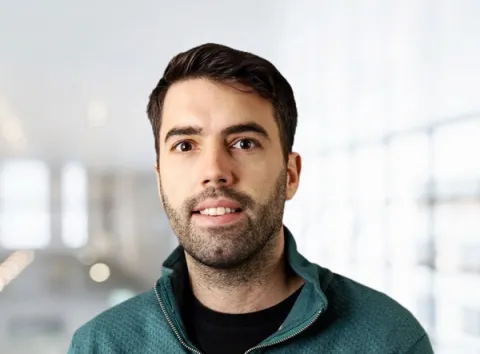Project overview
This project originated from Places and Inequalities Sandpit held in September 2022. Research question: How can young people be engaged in creating new futures for coastal communities?
Coastal communities have some of the worst health outcomes in England, with low life expectancy and high rates of many major diseases. The CMO's 2021 annual report describes how the UK's coastal communities exemplify the inequalities in health associated with geography and socio-economic status. Coastal communities are concentrations of both older people attracted by the idea of retiring by the seaside, and some of the poorest groups in the UK since they also have an oversupply of guest housing which has led to Houses of Multiple Occupation and a concentration of communities experiencing deprivation and il-health. Many of these communities were also created around single industries which have diminished such as fishing which has to employment opportunities being scarce or seasonal. Our coastal communities are therefore not places in which our young people can thrive; they leave following educational opportunities and employment. Young people are, however, the future of these communities. They are the workers, voters, leaders and parents of tomorrow. If we wish to regenerate these communities and so reduce the health inequalities they experience, young people need to see their futures in these places. They are currently given few opportunities to contribute or drive the way their communities develop. The aim of this pilot project is to find a way of engaging young people who live in coastal communities in a meaningful and equitable way in planning and building the opportunities and structures that represent their futures and might attract them to stay.
Aim: To foster young people's sense of trust, belonging and investment in their coastal community through creative engagement with local stakeholders
Objective 1 - to identify what young people want from their community that will enable them to remain there
Objective 2 - to identify relevant stakeholders, e.g. local business, and explore existing engagement with young people
Objective 3 - to bring together young people and local stakeholders using creative methods that foster cooperation in creating a new future for their communities
Creative methods: mapping conceptual systems; co-creating plausible futures; gaming and game design and analysis and others selected by young people
Project outcome: a method or methods that can be used to facilitate discussion, planning and co-creating a new future for coastal communities
Long-term plan: A substantial interdisciplinary funding application for a 5 year project to support young people to drive regeneration of a community on the South Coast
Coastal communities have some of the worst health outcomes in England, with low life expectancy and high rates of many major diseases. The CMO's 2021 annual report describes how the UK's coastal communities exemplify the inequalities in health associated with geography and socio-economic status. Coastal communities are concentrations of both older people attracted by the idea of retiring by the seaside, and some of the poorest groups in the UK since they also have an oversupply of guest housing which has led to Houses of Multiple Occupation and a concentration of communities experiencing deprivation and il-health. Many of these communities were also created around single industries which have diminished such as fishing which has to employment opportunities being scarce or seasonal. Our coastal communities are therefore not places in which our young people can thrive; they leave following educational opportunities and employment. Young people are, however, the future of these communities. They are the workers, voters, leaders and parents of tomorrow. If we wish to regenerate these communities and so reduce the health inequalities they experience, young people need to see their futures in these places. They are currently given few opportunities to contribute or drive the way their communities develop. The aim of this pilot project is to find a way of engaging young people who live in coastal communities in a meaningful and equitable way in planning and building the opportunities and structures that represent their futures and might attract them to stay.
Aim: To foster young people's sense of trust, belonging and investment in their coastal community through creative engagement with local stakeholders
Objective 1 - to identify what young people want from their community that will enable them to remain there
Objective 2 - to identify relevant stakeholders, e.g. local business, and explore existing engagement with young people
Objective 3 - to bring together young people and local stakeholders using creative methods that foster cooperation in creating a new future for their communities
Creative methods: mapping conceptual systems; co-creating plausible futures; gaming and game design and analysis and others selected by young people
Project outcome: a method or methods that can be used to facilitate discussion, planning and co-creating a new future for coastal communities
Long-term plan: A substantial interdisciplinary funding application for a 5 year project to support young people to drive regeneration of a community on the South Coast
Staff
Lead researchers
Research outputs
Vanissa Wanick, Cara Black, Craig Hutton, Mary Barker & Adam Watts,
2023
Type: conference
